When Amazon introduced its cashierless checkout system — aptly called Just Walk Out — the technology was seen as a pivotal step in Amazon’s mission to revolutionize brick-and-mortar stores and dominate the grocery industry.
Roughly seven years later, Amazon is removing that technology from its grocery stores, and the anticipated revolution has yet to materialize.
Amazon insists it remains committed to its grocery efforts, which currently include sales from Amazon.com, Amazon Fresh grocery stores, Amazon Go convenience stores, and Whole Foods Market. However, analysts are divided on how to interpret recent shifts in Amazon’s grocery strategy.
In addition to removing Just Walk Out technology from Fresh grocery stores, Amazon has closed some stores, paused expansion for new locations, and restructured others.
The company laid off some workers in its grocery division, shelved its idea for drive-up pickup sites, and experimented with a new subscription model for online shoppers.
Is Amazon’s grocery business nearing its expiration date?
“In era of nonperishable, nonedibles, Amazon is very dominant,” said Sucharita Kodali, an analyst from Forrester who has tracked Amazon’s grocery efforts since their inception.
“In fresh foods, Amazon is not a significant player. If I were Kroger, I would not spend a lot of time focusing on Amazon as a competitive threat.”
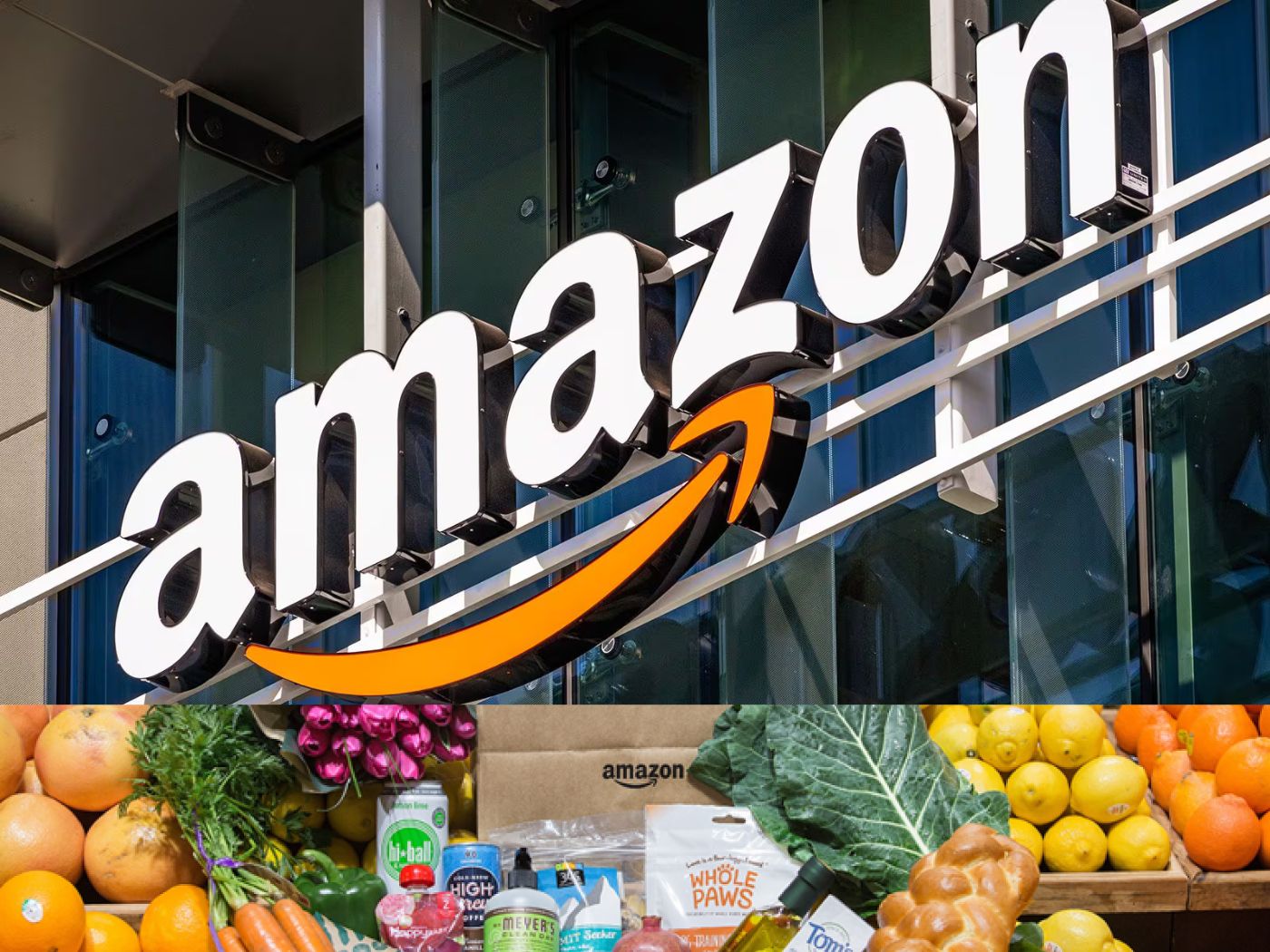
At the company’s annual shareholders meeting last month, CEO Andy Jassy listed grocery as one of the many businesses Amazon is passionate about growing. Chief Financial Officer Brian Olsavsky told reporters earlier this year that the company was “pleased” with its growth in physical stores.
“You’ll see us continue to iterate in grocery because we believe when we find the right mix of offerings for customers, we can meaningfully improve their shopping experience,” Tony Hoggett, Amazon’s senior vice president of worldwide grocery stores, said in a statement.
Despite these statements, the changes over the past several months have led many analysts and academics to be skeptical about Amazon’s prospects in a competitive, low-margin business, with some questioning how long the company should continue its efforts.
“As an observer who’s watched the company for years and knows the economics of the grocery industry, I can’t say it makes sense,” Kodali said. She added that Amazon’s recent changes to its grocery business “suggest that they don’t think it makes sense either.”
Amazon quietly entered the grocery business nearly two decades ago with the launch of an online delivery service for nonperishable goods, with ambitions to eventually sell everything.
In an announcement on its website, according to a 2006 article from CNET, Amazon told its customers: “Because we only carry products when we can offer great prices and free shipping, we don’t carry everything (yet!)”
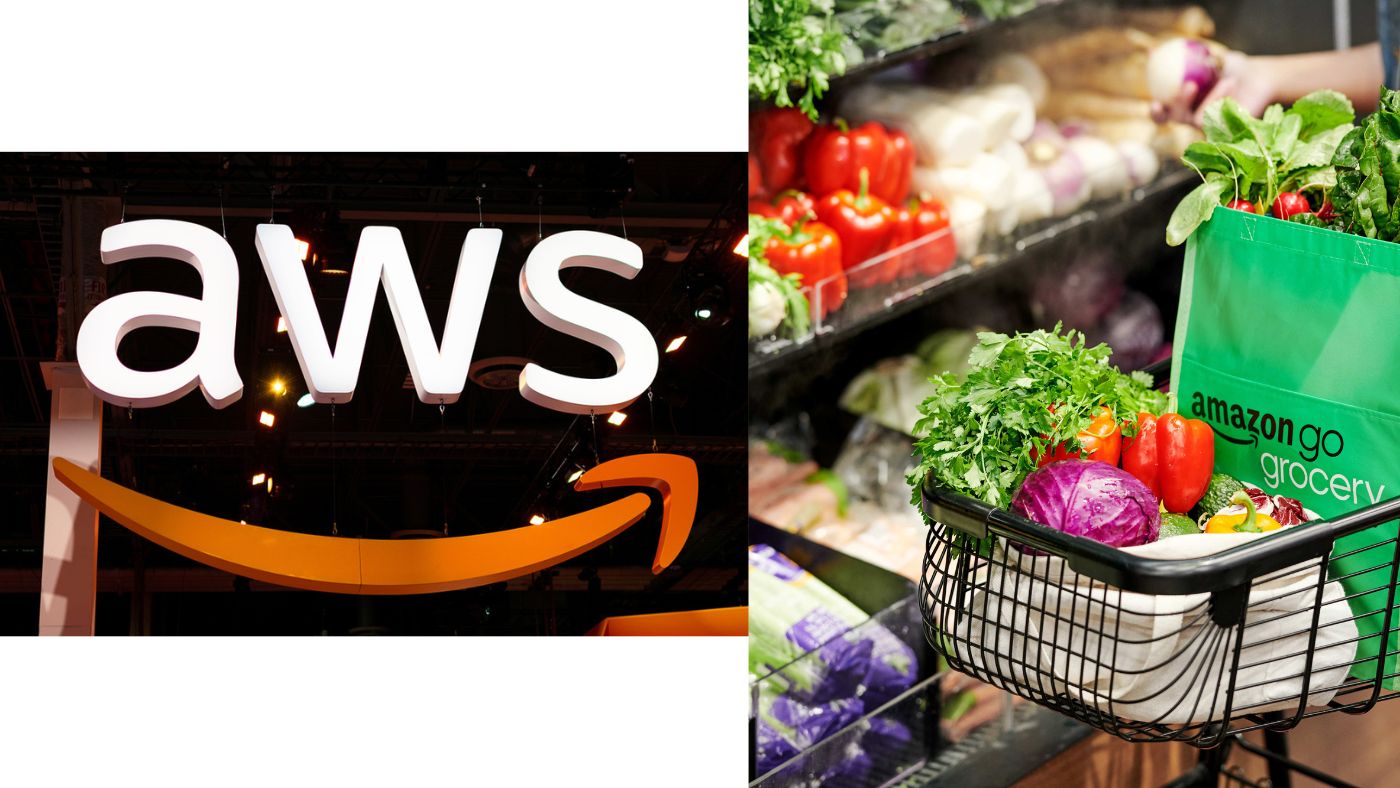
Since then, Amazon has begun selling perishable goods online and introduced Go convenience stores, Fresh grocery stores, and Fresh Pickup sites, where shoppers could pick up online orders. It closed the last of its two Fresh Pickup sites earlier this year.
In 2016, Amazon made a splash with the introduction of its Just Walk Out technology in a convenience store in Seattle’s South Lake Union neighborhood.
The tech relies on a complex system of cameras, sensors, and computer vision to track items as customers shop and automatically charge them for what they walk out with, eliminating the need for a checkout line.
In 2017, Amazon cemented its brick-and-mortar grocery presence by acquiring Whole Foods in a $13.7 billion deal.
Jake Dollarhide, an analyst and co-founder of Longbow Asset Management who has closely followed Amazon’s grocery business, said the acquisition sent shock waves through the industry.
Amazon’s stock rose, while shares for Walmart, Costco, and Kroger tumbled as investors and competitors braced for the e-commerce giant to disrupt the traditional grocery retail market.
That initial reaction turned out to be a huge overestimate, Dollarhide said, and it was the last time Amazon’s grocery moves significantly jolted the industry.
“Some people would call their foray into groceries a mistake, and that would be fair, to an extent,” Dollarhide said. “They’ve had more closures, resets, and renovations than they’ve actually introduced concepts at this point.”
In 2022, Dollarhide told that Amazon’s grocery business was an “expensive hobby.” Today, he maintains that view: “Nothing has changed since Day 1 for Amazon groceries. Everything remains in flux.”

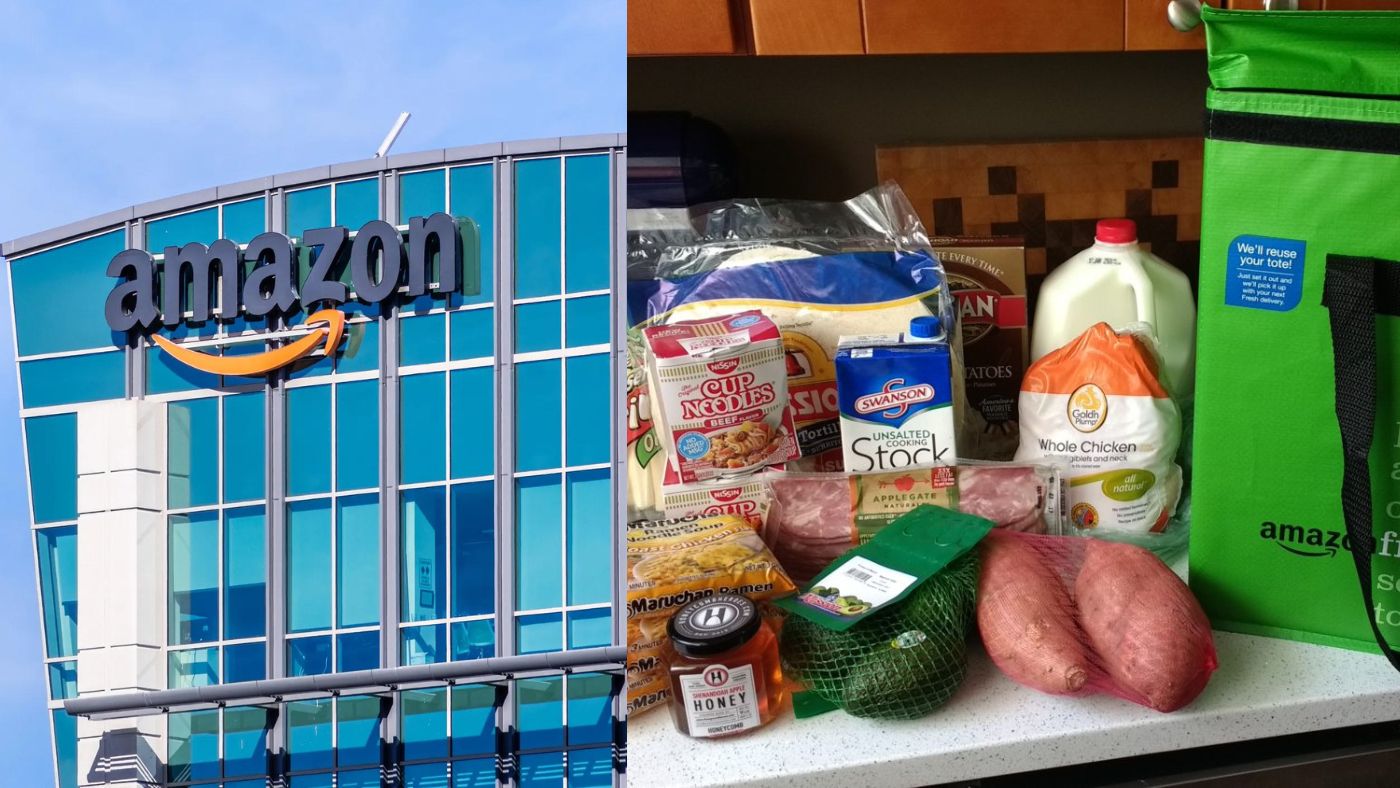

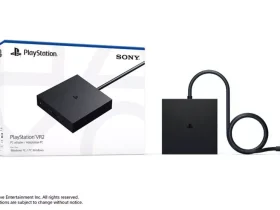
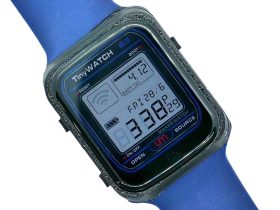

Leave a Reply